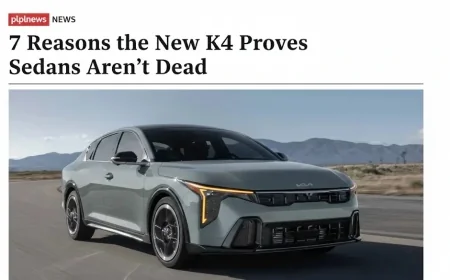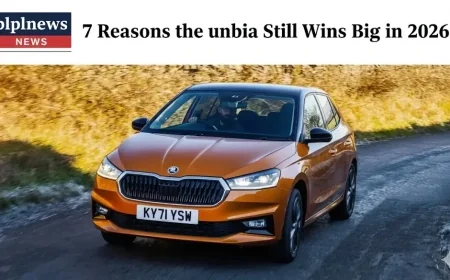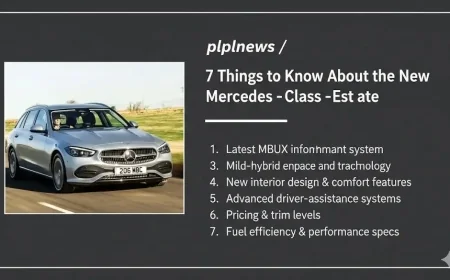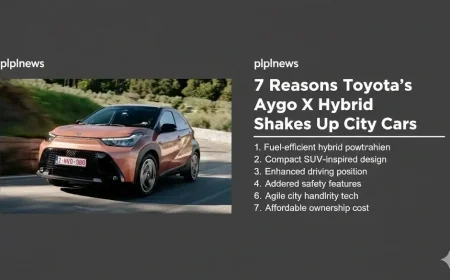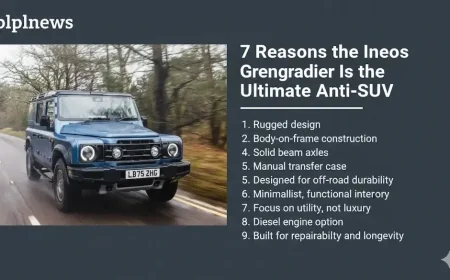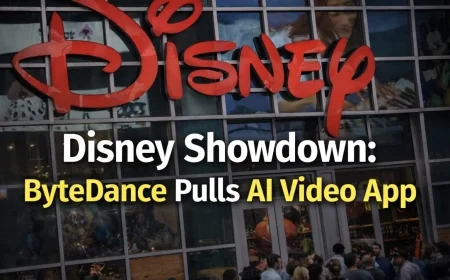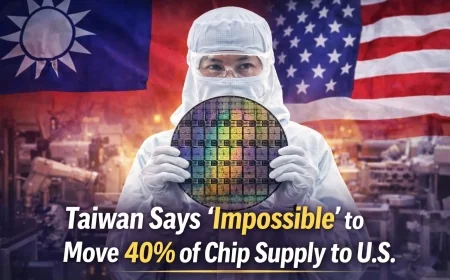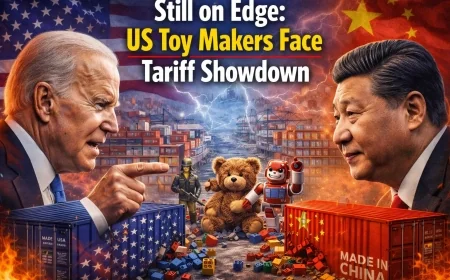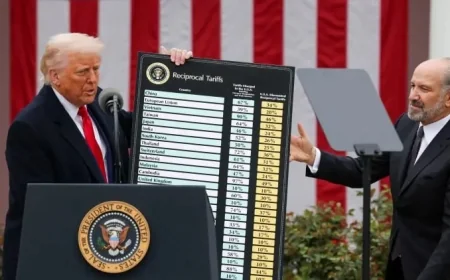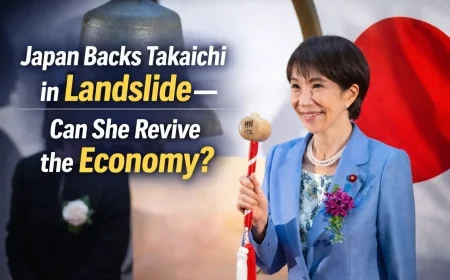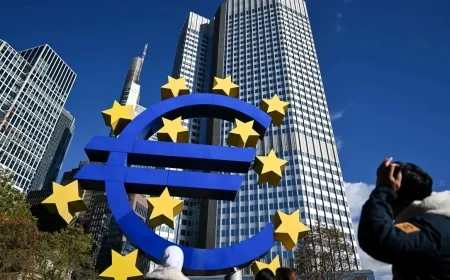Nvidias Jensen Huang softens his China will win the AI race
• Nvidia CEO Jensen Huang initially told the FT that China "will win the AI race," but later clarified that the US "will have to catch up."
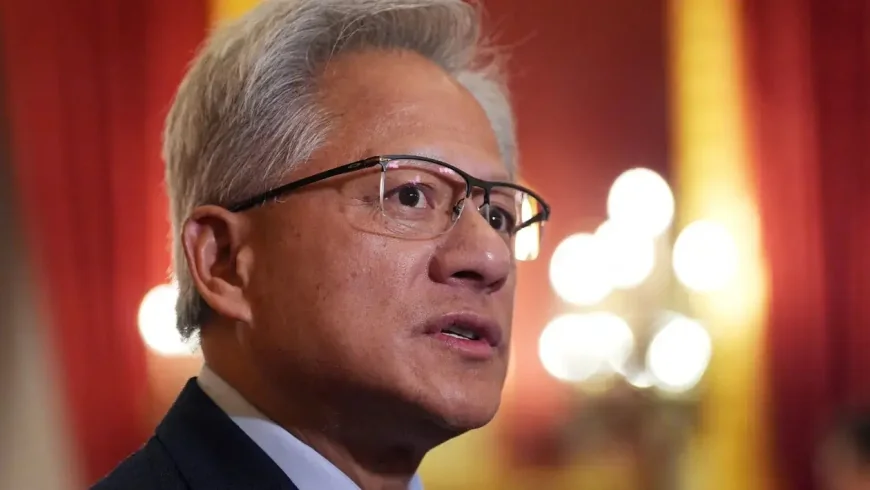
• Nvidia CEO Jensen Huang initially told the FT that China "will win the AI race," but later clarified that the US "will have to catch up."
• Huang compared China's pro-industry energy subsidies to excessive Western regulation.
• Nvidia CEO Jensen Huang told the Financial Times on Wednesday that "China will win the AI race," but issued a more softened statement shortly thereafter.
• The prominent tech leader was speaking at the FT's Future of AI Summit, where he warned that China will overtake the US in the field of artificial intelligence thanks to lower energy costs and looser regulations.
• These comments, which have not been independently confirmed, are Huang's strongest warning yet that the US is in danger of losing its global lead in advanced AI technologies.
• However, several hours after the FT published its report, Nvidia issued a separate statement on behalf of Jensen on its official X account.
• Nvidia CEO Jensen Huang told the Financial Times on Wednesday that "China is about to win the AI race," but issued a softer statement soon after.
• The prominent tech leader was speaking at the FT's Future of AI Summit, where he warned that China would overtake the US in the field of artificial intelligence due to lower energy costs and looser regulations.
• These comments, which CNBC could not independently confirm, were Huang's strongest warning yet that the US is in danger of losing its global lead in advanced AI technologies.
• However, several hours after the FT published its report, Nvidia issued a separate statement on behalf of Jensen on its official X account.
• "As I've said before, China is nanoseconds behind the US in AI. It's crucial that the US leads and wins by attracting developers from around the world," he added.
• Huang has long believed that the US can stay ahead in the AI race if it keeps developers dependent on Nvidia's leading AI chips—an argument the CEO has used to lobby against export restrictions on his company's sales to China.
• After meetings with US President Donald Trump in July, Huang's efforts paid off, and Washington agreed to ease some of the chip restrictions.
• Under this plan, Nvidia and rival AI chip company AMD agreed to give the US government 15% of their Chinese revenue from sales of existing market-ready AI processors.
• However, Beijing has pushed Nvidia out of the market as it conducts a national security review of its chips, and Huang said the company's market share has dropped to zero.
• It is still unclear whether China will allow Nvidia chips to return, as authorities are pushing domestic tech companies toward their own indigenous AI chip alternatives. However, some experts have speculated that Beijing is using Nvidia's market access to gain an edge in trade talks or to pressure Washington for broader access to advanced semiconductors.
• Huang was in South Korea when Trump met with Chinese President Xi Jinping last month. The highly anticipated trade talks between the two leaders yielded no concessions on chip policy from either side.
• According to The Wall Street Journal, Trump initially tried to discuss Huang's request to allow the sale of new-generation AI chips to China. However, top officials opposed the idea, the Journal reported, citing unnamed current and former administration officials familiar with the matter.
• Now that Nvidia's access to China is still restricted, Huang appears to be focusing his attention on other matters he considers essential to Nvidia's growth and the AI race.
• In an interview with the FT, Huang reportedly expressed concern that Western countries, including the US, are being held back by "pessimism" and excessive regulation – which contrasts with China's energy subsidies, which aim to reduce costs for local developers using domestic chips.
What's Your Reaction?
 Like
0
Like
0
 Dislike
0
Dislike
0
 Love
0
Love
0
 Funny
0
Funny
0
 Angry
0
Angry
0
 Sad
0
Sad
0
 Wow
0
Wow
0





